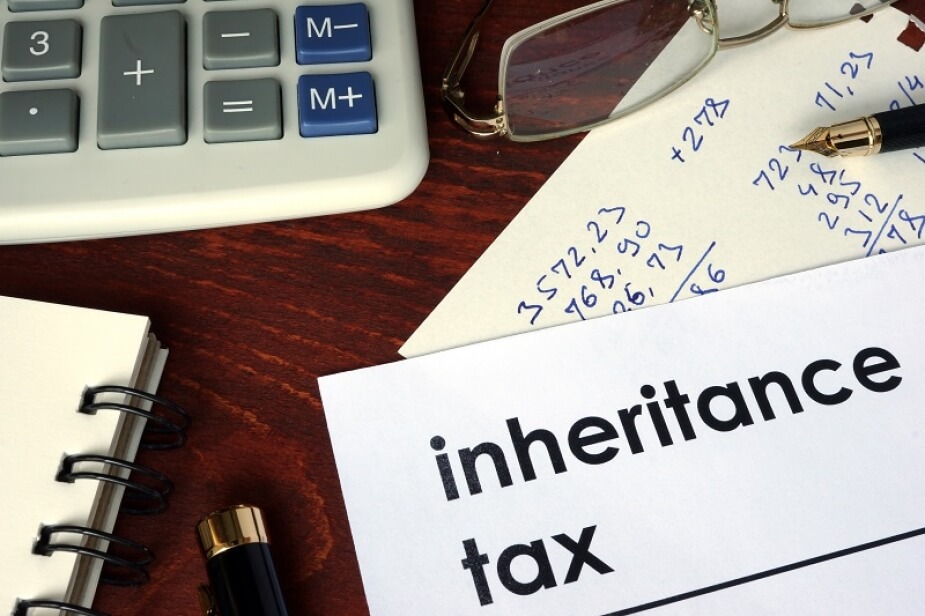Inheritance tax a new approach?
As a member of the Commission on Economic Justice, Justin Welby, the archbishop of Canterbury has recently been in the news discussing a report it has released which takes in a wide-ranging view of the economy, on such divers topics as regulation of technology firms, provision for public utilities and taxation.
One of the suggestions is that Inheritance Tax should be abolished to be replaced with a “lifetime gift tax levied on the recipient, would equate to a life time allowance of around £125,000.”The Report states that this “could raise an additional £9 Billion a year”.
Whilst it is not fully clear how such a tax would be calculated and collected, it would appear that it would be similar to the Nil-Rate Band which is applied to the capital value of an estate on death in that once this allowance has been exceeded, tax becomes automatically due.
Whether or not this is a better system for taxing inherited wealth and thus achieving the stated aims of rebalancing the economy and making taxation fairer is a matter for debate, but it raises considerations for the current lifetime gifting rules for Inheritance Tax.
Every individual has a Nil-Rate Band allowance, which is currently set at £325,000.Moreover, if a husband or wife, or registered civil partner, predeceases an individual without using his or her Nil-Rate Band it can usually be transferred to the survivor.To the extent that the estate exceeds the Nil-Rate Band Allowance then it will potentially be subject to Inheritance Tax at a rate of 40%.In calculating the value of the estate it is necessary to obtain details of the assets and liabilities together with information relating to any lifetime gifts that have been made in the seven years prior to death.
Lifetime Planning
The most popular allowances available in connection with Inheritance Tax are set out below:
- Transfers between husband and wife and registered civil partners are normally free of IHT.This exemption also applies on death.
- You can make gifts of up to £3,000 in total in any tax year.
- You can make gifts of £250 to as many people as you like in each tax year.
- You can make regular gifts out of surplus income which provided, broadly speaking, they are part of your normal expenditure and do not affect your standard of living, should be free from IHT.
- If you make a gift to another individual (or to a certain kind of trust for the benefit of a disabled person) and survive the gift by seven years then normally the value of that gift will be free from Inheritance Tax.This is known as a potentially exempt transfer.
Lifetime Discretionary Trusts
Many people are familiar with the concept of a Trust and that they can be used in a wide variety of instances, particularly to protect beneficiaries or to exercise an element of control over the future use of assets.The use of a Discretionary Trust can be a practical and efficient way of IHT planning during an individual’s lifetime particularly if they wish to make a gift to, for example children, but are concerned about transferring significant wealth outright.
A cash gift of a lump sum could be made to a lifetime Discretionary Trust.Specific advice should be sought on the amount that is put into a Trust of this sort without paying IHT on its creation. Subject to this and certain conditions about who can and cannot benefit from the trust, then after seven years the gift should fall out of the estate for IHT purposes.The Trustees could subsequently lend the money in the Trust to one of the beneficiaries, such as a child, to assist them with the purchase of a property.In this way the child does not receive the cash outright, but rather owes the sum to the Discretionary Trust.At some stage in the future the Trustees might decide to “write off” the loan once they are comfortable that the child has acquired a settled way of life.
This is just one scenario where a Discretionary Trust can be beneficial and the appropriateness of whether or not a Trust should be used will, of course, depend on an individual’s own particular circumstances and those of the family.
If Inheritance Tax is a concern to you, or if you are interested in leaving something to charity in your Will, please do get in touch with Alastair Liddiard.
Please note the contents of this blog are given for information only and must not be relied upon. Legal advice should always be sought in relation to specific circumstances.

